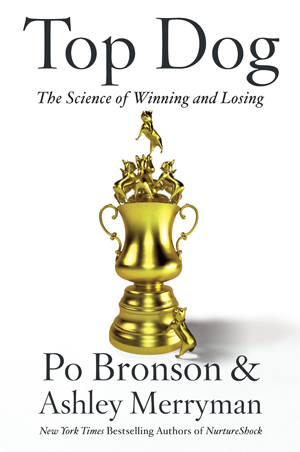Seeking out evidence-based self-help books

I have something of a taste for self-help books, particularly in the productivity/financial/employment sub-genres. But having read several solidly evidence-based self-help books recently, it has become clear to me how many self-help books are just a bunch of bloviating by the author, and not actually helpful, realistic or informative at all.
Here's one trait of non-evidence-based self-help books: All of the "evidence" they cite comes in the form of anecdotes about people who did the thing and it worked. These anecdotes are presented as testimonials, but without any kind of identifying information that might help you determine whether they are real, or just invented whole cloth by the author.
Many of these testimonials fit all too conveniently into whatever narrative the author is creating. Inevitably, the subject of the testimonial is only given a first name. ("Mary.") Occasionally the author might tack on a vague location. ("Mary from Seattle.")
The testimonials aren't integrated into the text or given as footnotes. They interrupt the text, in huge chunks, often set aside in a different font or background color. And they are utterly useless. Even if the testimonials are real, what works for one single person won't necessarily work for everyone.
By contrast, books like Ramit Sethi's I Will Teach You To Be Rich, Richard Wiseman's 59 Seconds, and Po Bronson's new Top Dog rely on studies, experiments and data in order to offer suggestions.
You won't find very many testimonials in these books. What you'll find is sometimes-surprising revelations from researchers, such as the sad fact that study after study shows that positive visualization actually holds people back. (A recent study Bronson covers discovered that "Job hunters who spend a lot of time visualizing their dream jobs are more likely to still be unemployed six months later.")
Image courtesy of NPR

0 comments